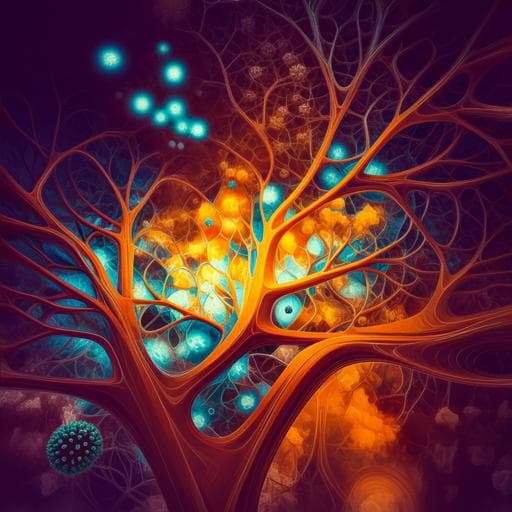
Medicine and Health
Evidence from Finland and Sweden on the relationship between early-life diseases and lifetime childlessness in men and women
A. Liu, E. T. Akimova, et al.
This study reveals a significant link between various early-life diseases and lifetime childlessness, particularly highlighting mental-behavioral disorders in men and endocrine disorders in women. Led by Aoxing Liu and a team of experts, the research provides insights into the role of health conditions in involuntary childlessness across large populations in Finland and Sweden.
Related Publications
Explore these studies to deepen your understanding of the subject.







